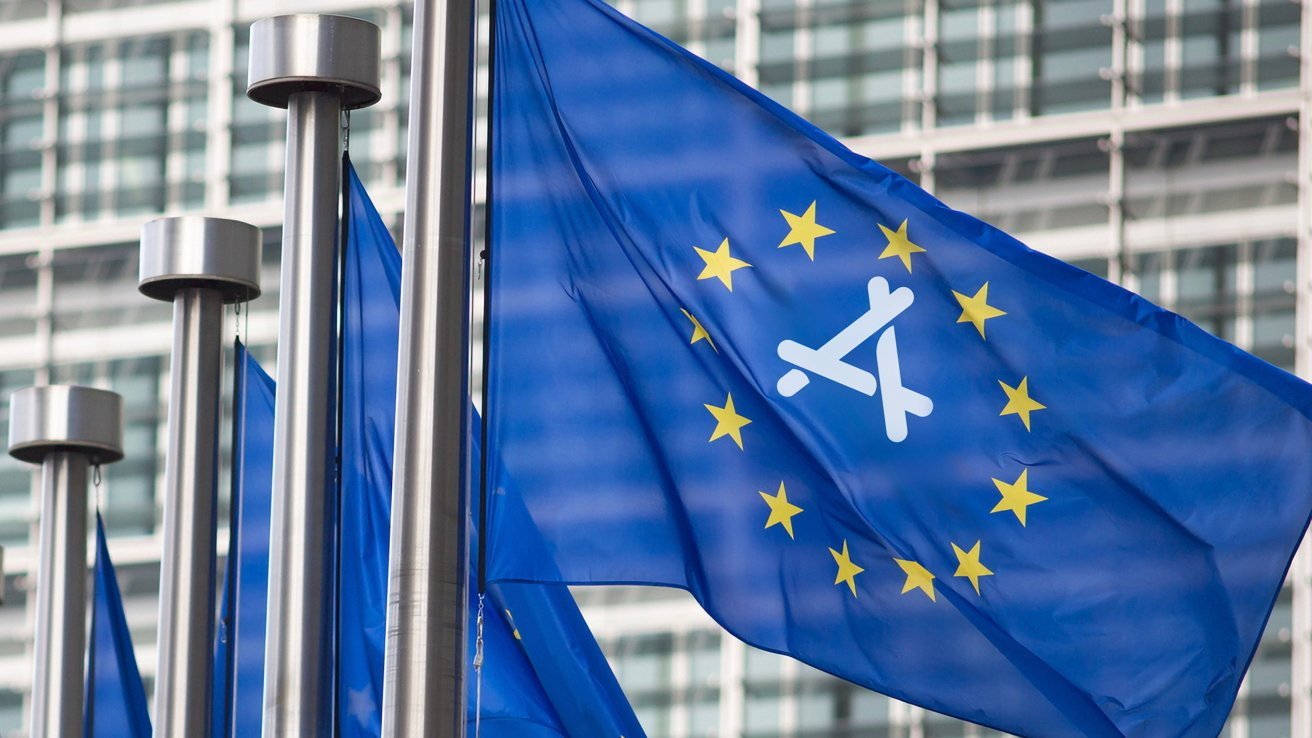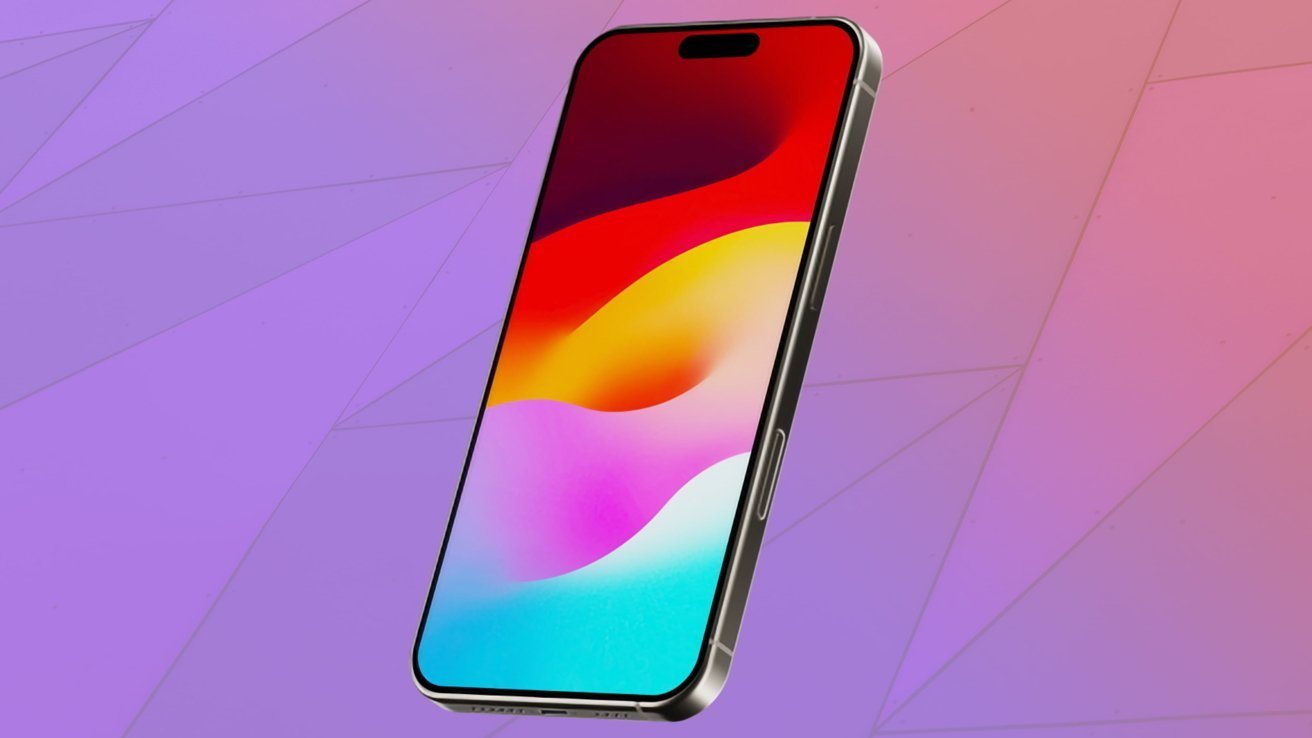In recent developments, two human rights organizations have filed a complaint under the European Union’s Digital Markets Act (DMA), asserting that Apple’s App Store policies infringe upon freedom of expression. They argue that Apple’s stringent control over app distribution effectively excludes smaller providers, particularly developers of free software, from its operating systems. This, they claim, hampers the diversity of available applications and limits users’ access to a broader range of content.
The Core of the Complaint
The crux of the complaint lies in Apple’s exclusive control over app distribution on its devices. By mandating that all apps pass through its App Store, Apple imposes specific guidelines and fees, which the complainants believe disproportionately affect smaller developers. They contend that this centralized approach stifles innovation and restricts the variety of apps available to users, thereby impeding freedom of expression.
Apple’s Perspective
Apple, on the other hand, maintains that its App Store policies are designed to ensure user security and privacy. The company argues that a curated app ecosystem helps protect users from malicious software and ensures a consistent user experience. Apple has also expressed concerns that allowing unrestricted third-party app stores could expose users to increased risks, including malware and data breaches.
The Digital Markets Act and Its Implications
The European Union’s Digital Markets Act aims to promote fair competition and prevent large tech companies from abusing their market dominance. Under the DMA, companies like Apple are required to allow alternative app stores and enable developers to use third-party payment systems. This legislation is intended to foster a more competitive digital marketplace and provide consumers with more choices.
Balancing Security and Freedom
The debate centers on finding a balance between maintaining user security and promoting freedom of expression. While Apple’s controlled ecosystem offers certain protections, critics argue that it also limits user choice and developer innovation. The challenge lies in implementing policies that safeguard users without unduly restricting the digital marketplace.
Potential Solutions
One proposed solution is the implementation of a notarization process for third-party apps. This would involve Apple verifying the safety and integrity of apps without exerting control over their distribution. Such a system could potentially address security concerns while allowing for greater diversity in app availability.
Conclusion
The complaint against Apple’s App Store policies highlights the ongoing tension between ensuring user security and upholding freedom of expression in the digital age. As the European Union enforces the Digital Markets Act, it will be crucial to monitor how companies like Apple adapt their policies to comply with new regulations while addressing the concerns of both users and developers.



